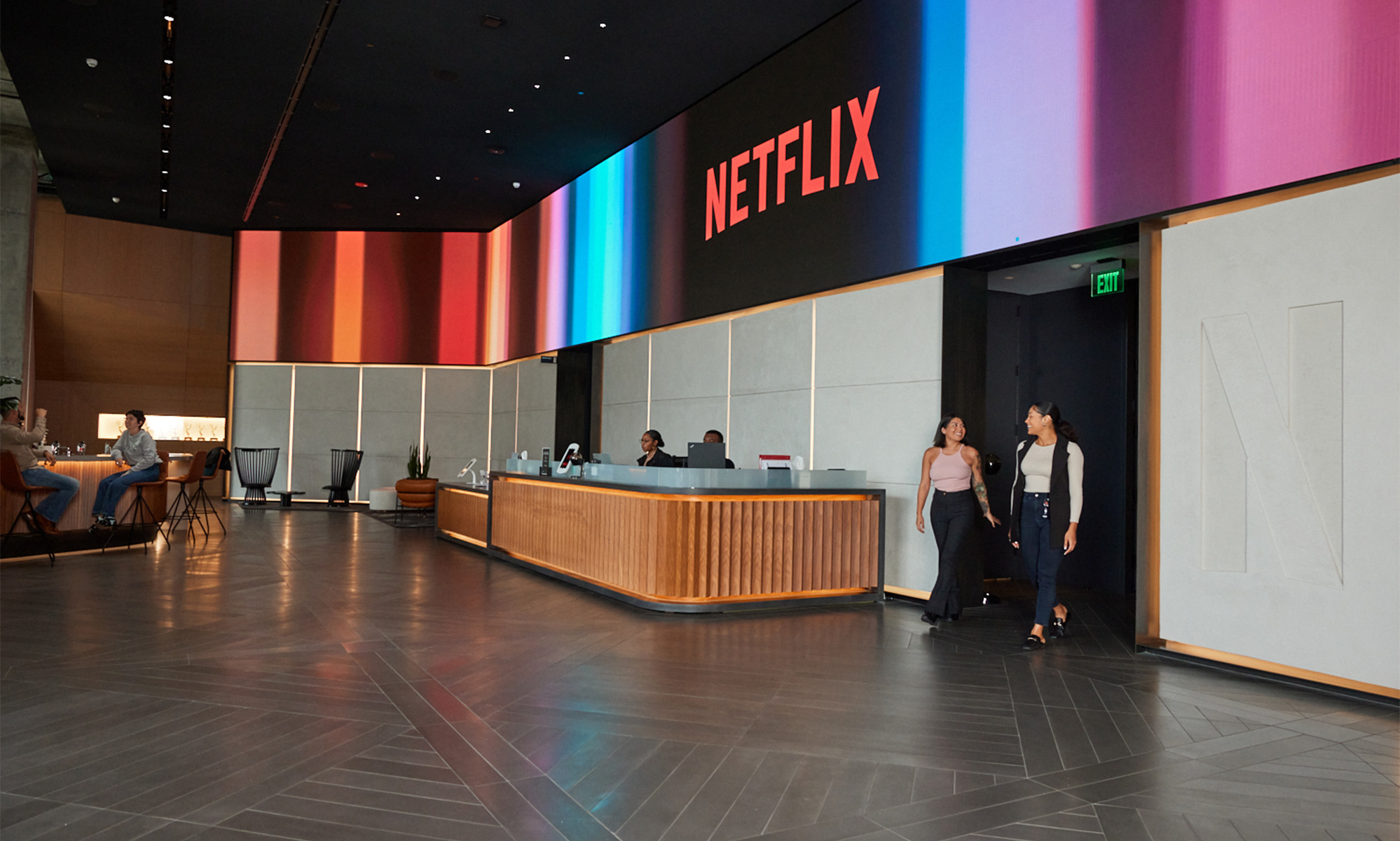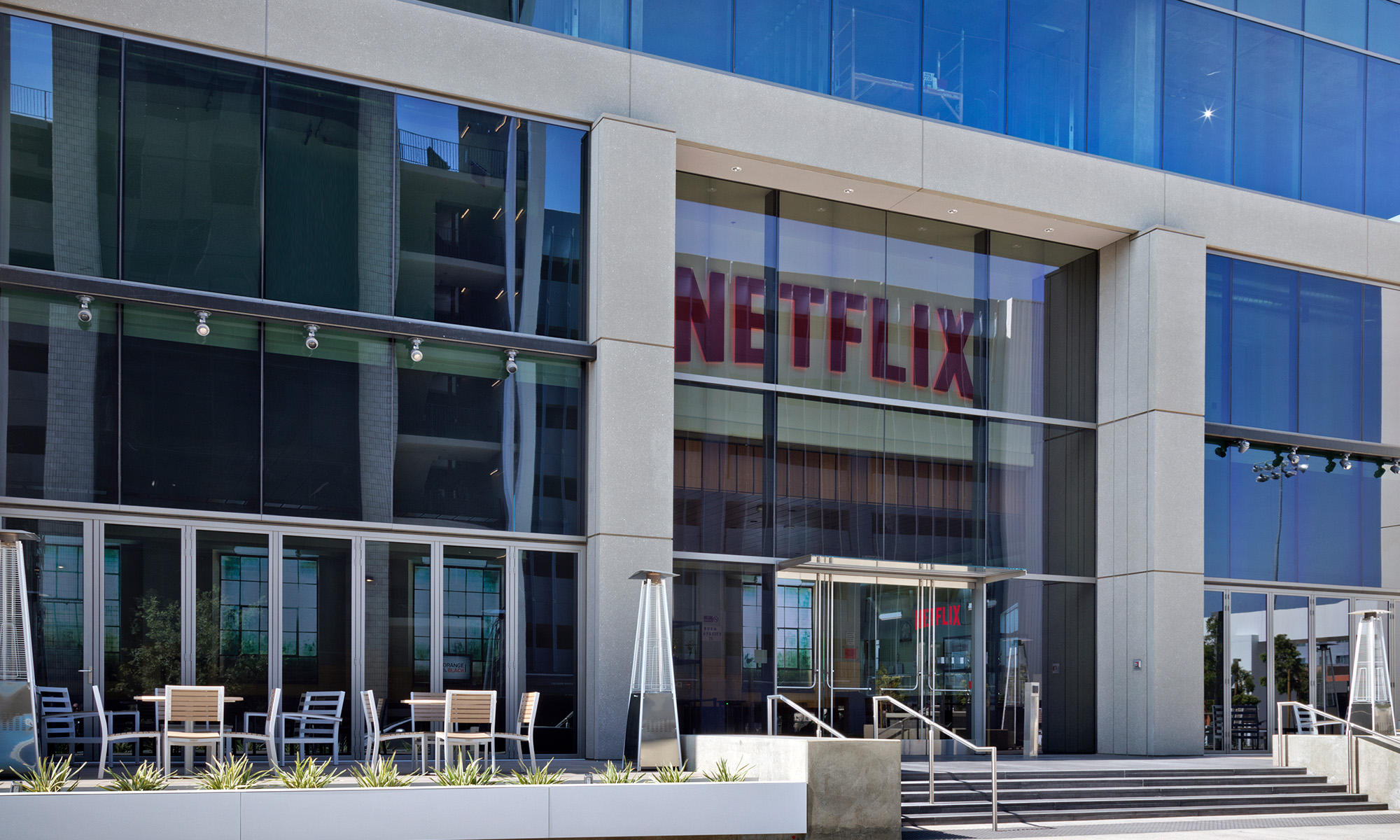While Netflix (NFLX 1.19%) flies high with nearly 63 million paying global members it has been a bumpy ride for CEO Reed Hastings.
Everyone remembers the Qwikster debacle when he decided splitting the company's DVD business into a separate brand was a good idea. The public and the investment community vehemently disagreed and Hastings, after much public embarrassment and a huge hit to his company's stock price, quickly relented. That poor decision was not the successful CEO's only blunder along the way nor is it likely to be his last.
Mistakes however are also learning opportunities and Hastings talked about how his shaped his future decisions during an interview with venture capitalist John Doerr at Kleiner Perkins Caufield & Byers recent CEO Workshop.
Source: KPCB
It goes back farther than Netflix
Hastings noted that his mistakes go back to his first idea for a company when he was in college. Believing that going back and forth between typing and using a mouse was inefficient, he created something called "the foot mouse," with the idea that it was going to be a viable business.
"It turns out that if you do this [control a mouse with your foot] for more than a few minutes your leg gets really sore and the mouse gets really dirty," he said. "... The thing I thought would be transformative for human productivity turned out to be a disaster."
That failure however led Hastings to his first successful venture, Pure Software, a company he led through an IPO. That venture was not without its mistakes either.
A willingness to admit mistakes
At Pure, which Hastings founded, he told Doerr he never set out to be CEO. "I just wanted to do the product," he said, but he ended up in the role which he did not always feel ready for. "It was very frustrating because I was and felt underwater a lot of the time."
Hastings explained that the company had great products and noted that it doubled in sales every year for its six-year existence. Where he made a mistake was in hiring and changing his sales vice president every single year for five years in a row.
"I just couldn't pick. I kept picking the wrong type of person," he said. "..." I just felt like a failure because I kept making these big wrong decisions."
That perception of failure, or letting the company down led Hastings to twice approach the company's board and ask it to find a new CEO. The board agreed that he had made mistakes, but thought that the risks of replacing him outweighed the risk of keeping Hastings on the job.
"It gave me absolution. They were my confessor," he said. "... One of the hardest things when you make mistakes as a leader is being able to forgive yourself."
By admitting his error Hastings was able to move past it and he learned the long-term lesson that every CEO will make mistakes, but it's how you own them and then moving past them that matters.
Hiring mistakes are inevitable
Hastings said he has gotten better at hiring, but it remains an inexact science.
"I don't have any super-good advice," he said. "It's definitely a practice thing, at least in my case. Now that I've hired a number of people my radar is much better to a number of failure scenarios."
He suggested checking a lot of references and realizing that candidates can trick you during an interview.
"The interview is a narrowing ground and then you have to go deep on the blind references," he said. "... You've got to realize with references that people are going to be consistent with their past."
Your past informs your future
At the end of his tenure at Pure Software the company was purchased by its biggest rival after failing to meet its sales numbers one quarter. "It was a soft landing to what would have been very bad news," Hastings said.
The Netflix boss described his current success as "redemption," acknowledging that at Pure he had been a good product person, but not a great CEO. "I was sincere but naive," he said.
Netflix, he added, has been a more enjoyable experience because of his past mistakes. "I got to start over as a CEO," he added. "In the second company I was much more thoughtful ... There was a chance to do it over and do it better."






